
The End of Plenty
The Race to Feed a Crowded World
Recommendation
National Geographic writer Joel K. Bourne Jr. presents a fascinating, albeit somber, overview of the current state of agriculture and food security. He reports that business and politics, as much as science, influence the planet’s ability to feed its burgeoning population adequately. Bourne has clear ethical positions; he is neither political nor polemical. He offers an in-depth examination of crucial agricultural challenges, demonstrating a finely honed balance between sweeping observations and instructive specific examples. Bourne makes agronomy and its pioneers, critics and attendant industries come alive. getAbstract recommends his insights to government leaders, NGO activists, academics, and anyone interested in the availability of food or water.
Summary
About the Author
A writer for National Geographic, Joel K. Bourne Jr. holds a BS degree in agronomy and graduated from the Columbia University Graduate School of Journalism.










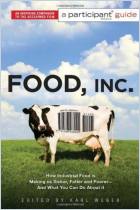
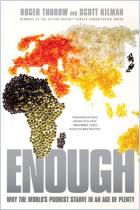
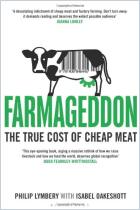
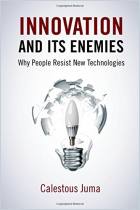
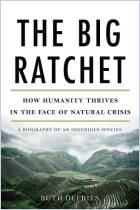



Comment on this summary or 开始讨论